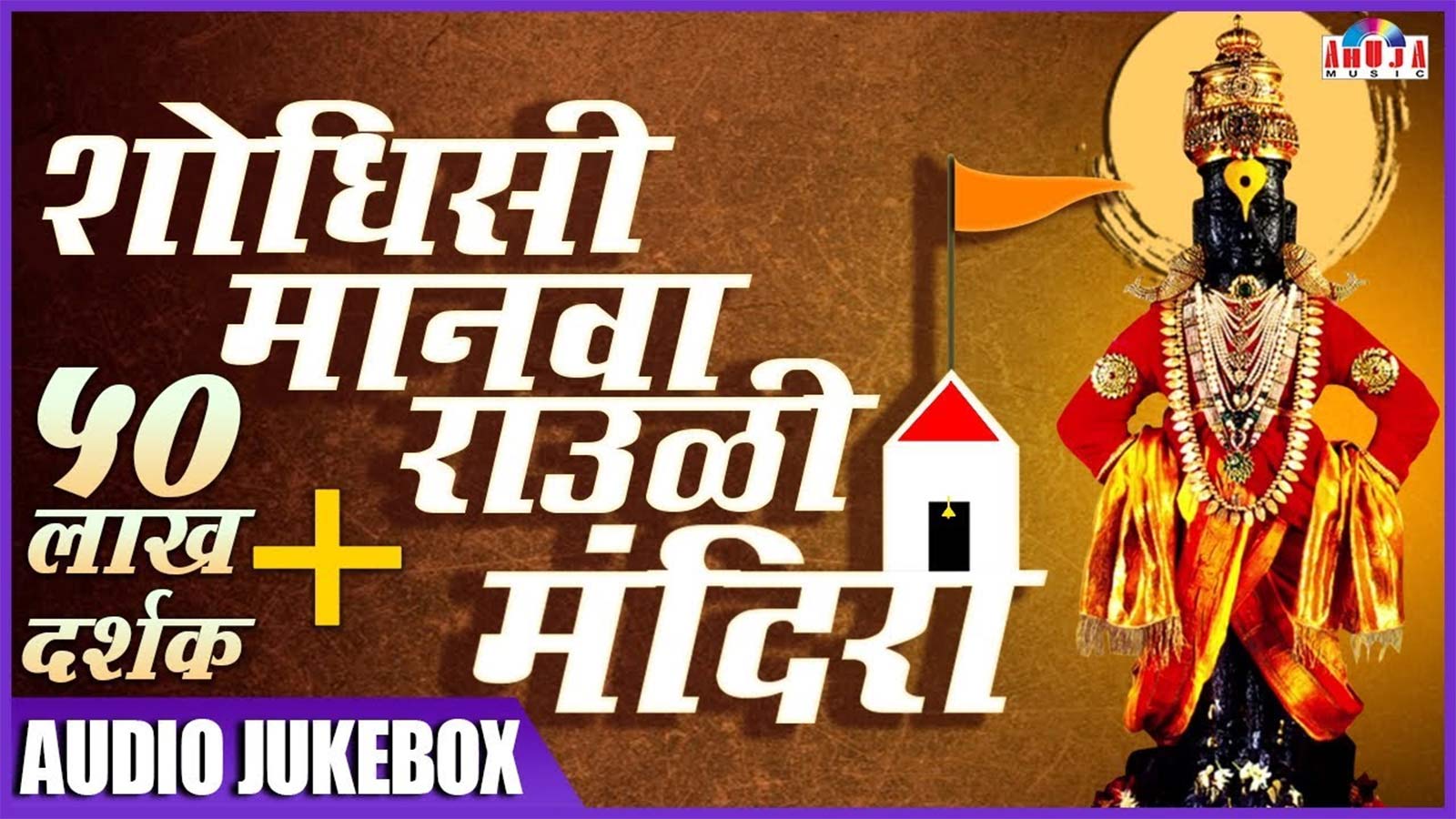

It may refer to devotion towards a spiritual teacher ( Guru) as guru-bhakti, or to a personal God, or for spirituality without form ( nirguna). The term bhakti, in Vedic Sanskrit literature, has a general meaning of "mutual attachment, devotion, fondness for, devotion to" such as in human relationships, most often between beloved-lover, friend-friend, king-subject, parent-child. One who practices bhakti is called a bhakta. She adds that, in the concept of bhakti in Hinduism, the engagement involves a simultaneous tension between emotion and intellection, "emotion to reaffirm the social context and temporal freedom, intellection to ground the experience in a thoughtful, conscious approach". Karen Pechelis states that the word Bhakti should not be understood as uncritical emotion, but as committed engagement. Bhakti, in contrast, is spiritual, a love and devotion to religious concepts or principles, that engages both emotion and intellection. Kama connotes emotional connection, sometimes with sensual devotion and erotic love. The meaning of the term Bhakti is analogous to but different from Kama.

The Sanskrit word bhakti is derived from the verb root bhaj-, which means "to worship, have recourse to, betake onself to" or bhañj-, which means "to break." The word also means "attachment, devotion to, fondness for, homage, faith or love, worship, piety to something as a spiritual, religious principle or means of salvation". Outside India, emotional devotion is found in some Southeast Asian and East Asian Buddhist traditions, and it is sometimes referred to as Bhatti. Nirguni bhakti (devotion to the divine without attributes) is found in Sikhism, as well as Hinduism. Bhakti is also found in other religions practiced in India, and it has influenced interactions between Christianity and Hinduism in the modern era. The Bhagavata Purana, for example, is a Krishna-related text associated with the Bhakti movement in Hinduism. īhakti ideas have inspired many popular texts and saint-poets in India.

The term also refers to a movement, pioneered by Alvars and Nayanars, that developed around the gods Vishnu ( Vaishnavism), Brahma ( Brahmanism), Shiva ( Shaivism) and Devi ( Shaktism) in the second half of the 1st millennium CE. Thus, bhakti requires a relationship between the devotee and the deity. īhakti in Indian religions is "emotional devotionalism", particularly to a personal god or to spiritual ideas. In ancient texts such as the Shvetashvatara Upanishad, the term simply means participation, devotion and love for any endeavor, while in the Bhagavad Gita, it connotes one of the possible paths of spirituality and towards moksha, as in bhakti marga. It was originally used in Hinduism, referring to devotion and love for a personal god or a representational god by a devotee.
#Marathi bhakti songs download#
Download the Marathi Bhakti geet mp3 for free.Bhakti ( Sanskrit: भक्ति) literally means "attachment, participation, fondness for, homage, faith, love, devotion, worship, purity". Listen to famous Marathi Abhangas and Marathi geet.3. Immerse yourself in devotion with the Marathi Bhakti Geet.Special Features:1. Sung by great artists like Lata Mangeshkar & Usha Mangeshkar, Shankar Mahadevan, Anuradha Paudwal, Devaki Pandit, Sadhana Sargam, Sanjeev Abhyankar, to name a few.The tracks are dedicated to all popular deities like Ganesh, Vitthal, Hanuman, Rama, Krishna, Devi and revered Gurus Swami Samarth, Shirdi Saibaba, Shegaon's Shri Gajanan Maharaj, etc. The land of Maharashtra has many great abhangas, Marathi bhakti geet, and divine traditional songs.Your one-stop destination for a bouquet of melodious Marathi devotional songs. Maharashtra, the place of pilgrims has the most divine and serene temples around the state. For all the Maharashtrian religious devotees, the app, Marathi Bhakti geet offers enormous delightful songs.


 0 kommentar(er)
0 kommentar(er)
